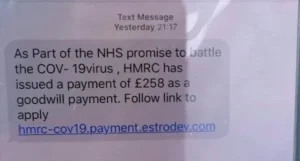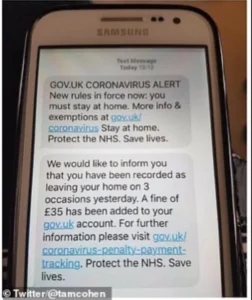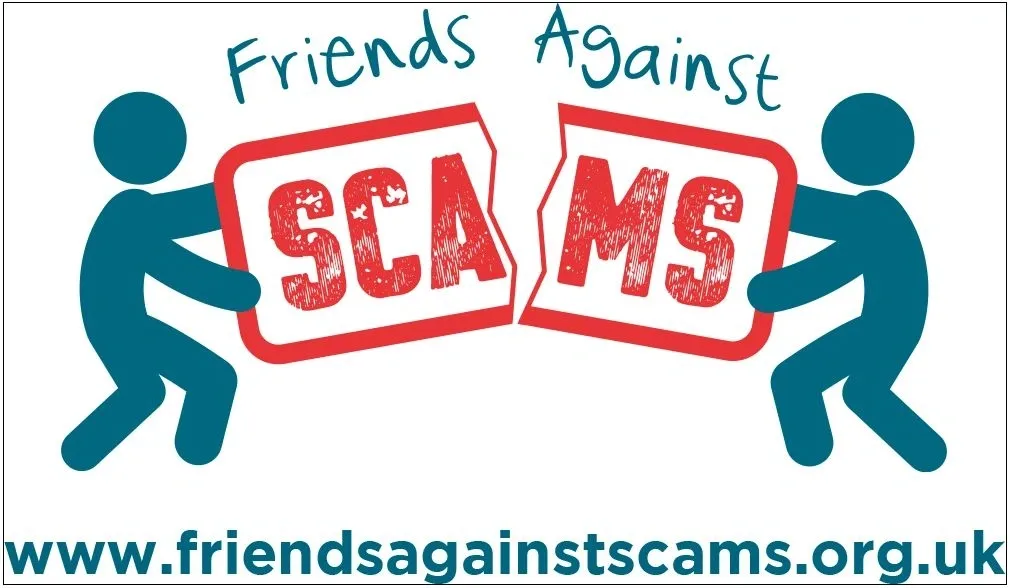We’re sure you’re all sick of the news about Coronavirus, or Covid-19. The countless posts on social media, endless newsreels on television and websites, hearing about job losses, business shutdowns and the impact it’s having on people. It seems that you can’t escape from it.
There are huge initiatives, started up by ordinary people, to bolster the spirits of the nation. To lift our moods. To raise our souls. But, for every great initiative there is someone or some group out there trying to exploit the situation for themselves. Scammers relish opportunities like this.
Scammers rely on complacency, opportunity and fear. A global pandemic provides all three of these factors. People are worried about money, they are concerned for their own well being and they want to make sure that, if there’s any support available, they are at the front of the queue.
Scammers have a great opportunity to capitalise on this right now, and they are doing so in a number of ways. In this blog we look at some of the scams that are known to us already…
1. The HMRC assistance scam

The communication will look legitimate, they may spoof the identity of the text message or phone call to look like a genuine government number, and the resulting website will look like an HMRC website, with the correct logos and layout.
The giveaway is the web link in the text message. It will usually have HMRC, or GOV UK, in it somewhere, but the important part is at the end. What is known as the second level domain and top level domain. The top level domain is the “.com”, “.co.uk”, “.org” part. The second level domain is the familiar part, such as “google”, “bbc” or similar. In almost all cases genuine government sites will end in “.gov.uk”. Do not click on any link that you don’t know is legitimate.
2. Social media adverts for testing kits

3. The penalty notice

Underneath that hyperlink will be a completely different website. It’ll look the same, but it will harvest your credentials and information as you attempt to log in to your account.
4. Bank Scams

If you get a text message saying your bank account has suddenly become overdrawn, or that fraudulent activity has been detected, DO NOT FOLLOW THE LINKS. Instead log onto your online account or telephone your bank using a trusted link or telephone number. These are usually printed on your bank card.
Being caught out by a scam can feel humiliating, leaving you in a worse financial state. In these difficult times it’s important to keep a clear head and really look at the information in front of you.
- Does it seem legitimate?
- Are the web links genuine?
- Is what you’re being told unlikely?
If you are in any doubt then don’t take any action at all.
- If it’s a phone call, hang up.
- If it’s someone at your door, close it and lock it.
- If it’s a text message, delete it.
- If it’s on social media, ignore it.
Always go directly to any bank, organisation or institution directly, using known and trusted links. Report any scams to https://www.actionfraud.police.uk/reporting-fraud-and-cyber-crime and if you feel in danger from any physical threat, call 999.




